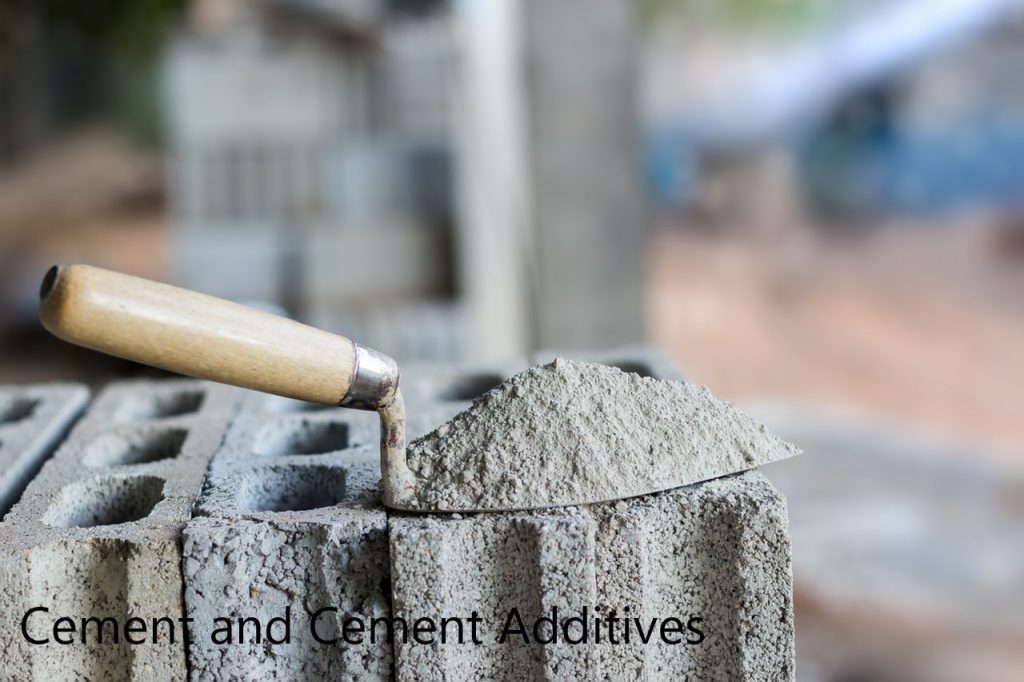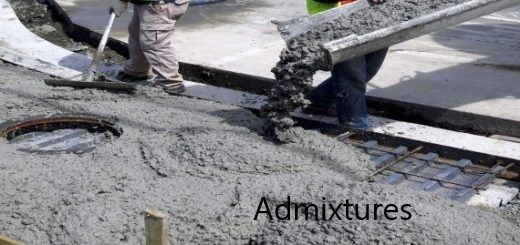Civil engineering as a discipline continues to evolve and develop rapidly to accommodate changing infrastructure needs and material preferences. One of the most unique and versatile materials today is expansive cement, a form of cement that stands out thanks to its combination of support strength and expandability. This blog article will serve to provide civil engineers with a comprehensive overview of expanding cement, detailing its characteristics, applications, and advantages.
What is Expansive Cement
Regular Portland cement with an expansive component serves as the foundation for expansive cements. Expansive cements and water combine to create a paste that, once set, expands in volume substantially more than Portland cement paste.
Portland cement, an expanding agent, and a stabilizer are the main ingredients of expansive cements. Burning a mixture of gypsum, bauxite, and chalk produces calcium sulfate and calcium aluminate, which are then used to make the expanding agent (mainly C3A).
These substances combine with water to generate calcium sulfoaluminate hydrate (ettringite), which causes the cement paste to expand as a result. The surplus calcium sulfate is gradually absorbed by the stabilizer, blast furnace slag, which stops the expansion process.
Types of Expansive Cement
- K Type expansive cements
Combination of Portland cement, anhydrous tetracalcium trialuminate sulfate (C4A3S), calcium sulfate (CaSO4), and lime (CaO).
- M Type expansive cements
Interground or blended mixtures of Portland cement and calcium sulfate suitably proportioned.
- S Type expansive cements
Portland cement containing a high computed tricalcium aluminate (C3A) content and an amount of calcium sulfate above the usual amount found in Portland cement.

Applications
Expansive cements are primarily used in the construction of dams, bridges, and other large structures where their unique properties can be leveraged to provide added stability. The expansive nature of the cement helps to hold the structure together while the support strength ensures that it can withstand an immense amount of pressure and weight.
In addition, expansive cement is also used in the construction of roads and railways, where its ability to expand and contract can help to prevent the formation of cracks and potholes.
Advantages of Expansive Cement
There are many advantages to using these types of cement, chief among them being its cost-effectiveness and versatility. expanding cement is significantly cheaper than traditional cement, making it a more viable option for large-scale projects. In addition, its ability to expand and contract means that it can be used in a variety of different applications, making it a highly versatile material.
Conclusion
Overall, expansive cement is a uniquely versatile and cost-effective material that can be leveraged in a variety of civil engineering applications. Its remarkable combination of support strength and expandability makes it an ideal choice for large-scale projects such as dams, bridges, and railways. Moving forward, expanding cement is likely to play an increasingly important role in the development of our infrastructure.
As our world continues to grow and change, it is important that our infrastructure keeps pace. Expansive cement is a versatile and affordable material that can help to ensure that our infrastructure is able to meet the demands of a changing world.


